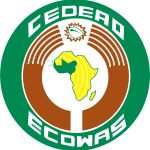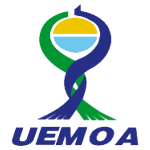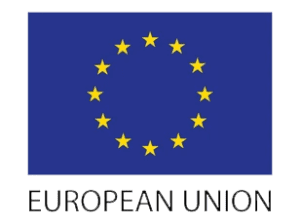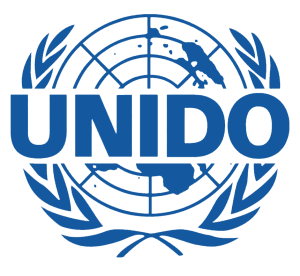Sierra Leone officially called Republic of Sierra Leone is a country bordering Guinea, Liberia and the Atlantic Ocean. Sierra Leone has an estimated population of 7 million people. Freetown, which is the largest city, is also the country’s capital. Sierra Leone’s economy is based primarily on mining. The official language spoken is English.
Value Chains
Cassava
In Sierra Leone, cassava is used mainly for food purposes. Only a small percentage is reserved for animal feed or other cottage industries.
Following the devastating effects of the Ebola crisis on the country’s social and economic situation, the programme includes cassava among the priority commodity chains to be supported.
The strategy aims to stimulate economic growth, support private sector participation and create new employment opportunities, especially for young people and women.
The intervention is fully in line with the development dimension of the Environmental Protection Agency. It also contributes to the national industrial transformation programme through the adoption of a “value chain” approach and improved access to regional and global markets.
Cocoa
Cocoa had always been a major export crop for Sierra Leone until the country’s civil war, which led to the death of cocoa farmers and the destruction of farms.
The targeting of the selected product lines is consistent with ECOWAS regional industrialisation priorities for agro-industries. In particular, this initiative is in line with the processing of local raw materials to create value, increasing the contribution of the cocoa sector to the GDP, contributing to increasing the share of cocoa products in regional trade and bringing West African cocoa products to the world market.
The Ministries in charge of Trade, Industry and Agriculture are striving to increase the competitiveness of agri-food SMEs to add value and find new markets for cocoa products and avoid falling into the trap of an exclusively mineral-based economy.
Palm Oil
Agriculture accounts for almost half of Sierra Leone’s GDP and is the largest source of employment, employing more than three-quarters of the population. The agricultural sector remains very valuable. Palm oil is an important traditional crop in Sierra Leone. Produced in almost all parts of the country, most of the palm oil production is carried out in the southern parts of the country in an artisanal manner.
Most palm oil production is used to make soap, which is in high demand on the West African regional market and therefore mainly exported.
Despite the abundance of palm trees and the traditional use of red oil, domestic production is not sufficient to cover demand and Sierra Leone imports about a quarter of its palm oil needs.
The palm oil value chain contributes significantly to the country’s economy. In 2017 direct value added is estimated at $ 354 million, or 76% and 24% for soap and oil, respectively.
The largest share of profits goes to farmers and is the main source of income for many families. On average, a six-person household produces and consumes 40 litres of palm oil per year, while producing and selling 160 litres of palm oil.
The sector provides a basic income to a large number of households in rural areas. The intervention is fully in line with the development dimension of the EPA. It contributes to further national industrial transformation through a value chain approach and access to regional and global markets. However, a flexible and market-oriented approach will be integrated into the project interventions so that other value chains can benefit from the project activities and results.
Planned Activities
In Sierra Leone, the action is being taken in the aftermath of the Ebola crisis, which is having the most devastating effects on the social and economic situation in the country. It is also part of policy measures and strategies to stimulate economic growth, support the private sector and create new employment opportunities, especially for young people and women. The intervention is fully in line with the development dimension of the Economic Partnership Agreements (EPAs). It contributes to the pursuit of national industrial transformation through a value chain approach as well as access to regional and global markets.
Emphasis will be placed on interventions to develop and strengthen the competitiveness of cocoa, cassava and palm oil, crops with high potential for regional and global value chains, job creation and growth through linkages between regional value chains. However, a flexible and market-oriented approach will be built into the interventions so that other value chains benefit from the project activities and results. The targeting of the selected product lines is in line with ECOWAS regional industrialization priorities for agro-industries.
In particular, this initiative aligns with the objectives of processing local raw materials to create value, increasing the percentage of GDP of the industrial sector, contributing to increasing the share of industrial products in regional trade and the desire to increase West African industrial products towards the world market.
This approach is consistent with the government’s multi-sectoral investment programme, which focuses, among other things, on private sector development to promote socio-economic transformation following the Ebola crisis and the fall in iron prices. The ministries in charge of trade, industry and agriculture are working to increase the competitiveness of 1 000 SMEs to add value and find new markets for agricultural products, ensure diversification of economic activities and avoid falling into the trap of an exclusively mineral-based economy. Ensuring equal access for women and men entrepreneurs to the benefits of this national policy will be key to its success.





